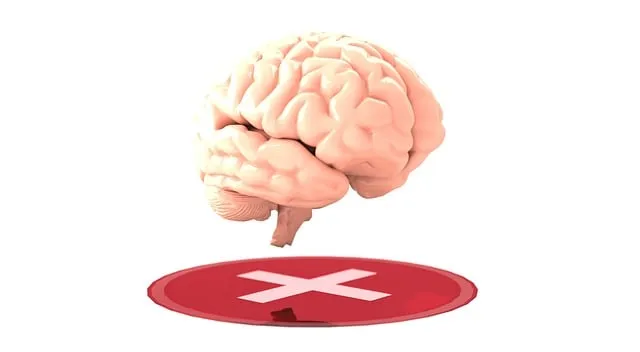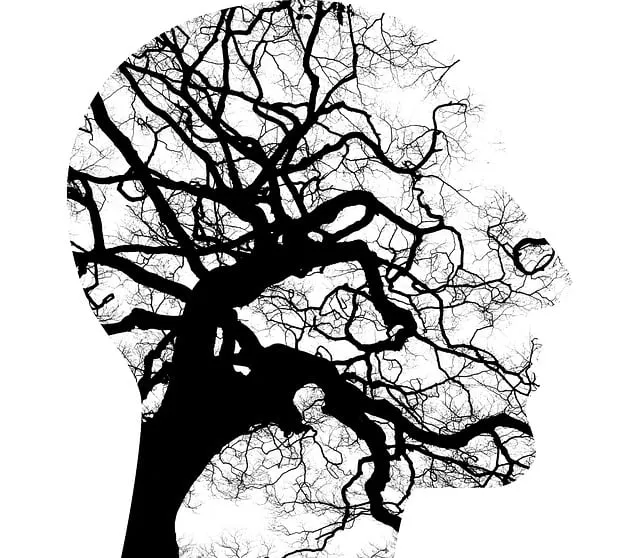Kaiser Permanente behavioral health services reviews Lone Tree highlight effective support for diverse mental wellness needs, including counseling, crisis interventions, and programs like stress reduction and trauma support. Evaluating existing assessment tools is crucial for developing reliable, valid, and culturally sensitive self-assessment resources tailored to specific populations and concerns. Identifying local community gaps guides targeted interventions, while user-friendly platforms improve accessibility. Rigorously testing new tools through pilot trials ensures cultural sensitivity, accuracy, and overall benefit for mental wellness seekers.
Mental wellness self-assessment tools are crucial in empowering individuals to take charge of their emotional well-being. This article explores the development process of such tools, focusing on Kaiser Permanente’s Behavioral Health Services in Lone Tree and their impact. We review existing assessment methods, identify gaps within local communities, and discuss designing intuitive platforms. By implementing these new tools, we aim to enhance access to mental health resources, as evidenced by positive reviews of Kaiser Permanente’s services in Lone Tree.
- Understanding Kaiser Permanente's Behavioral Health Services in Lone Tree
- Evaluating Existing Mental Wellness Assessment Tools
- Identifying Gaps and Needs within Local Communities
- Designing User-Friendly Self-Assessment Platforms
- Implementing and Testing the Effectiveness of New Tools
Understanding Kaiser Permanente's Behavioral Health Services in Lone Tree

Kaiser Permanente’s Behavioral Health Services in Lone Tree offer a comprehensive range of support for mental wellness. These services are designed to cater to diverse needs, from routine counseling sessions to intensive crisis interventions. The organization’s commitment to community well-being is evident through its diverse program offerings, which include individual and group therapy, medication management, and innovative programs focused on building resilience and coping skills.
Reviews highlight the effectiveness of Kaiser Permanente’s behavioral health services in Lone Tree, particularly their approach to conflict resolution techniques and empathy building strategies. The staff is praised for providing a safe, non-judgmental space where individuals can explore their emotions and work through challenging situations. Additionally, the availability of crisis intervention guidance plays a pivotal role in helping clients navigate stressful events and maintain stability.
Evaluating Existing Mental Wellness Assessment Tools

Evaluating existing mental wellness assessment tools is a critical step in developing effective self-assessment resources. Tools like those reviewed by Kaiser Permanente behavioral health services in Lone Tree provide valuable insights into what works and what doesn’t in measuring and managing mental health. These reviews often highlight the importance of reliability, validity, and sensitivity to cultural nuances, all essential aspects for creating inclusive and accurate assessments.
The process involves scrutinizing various instruments used globally, taking note of their strengths and weaknesses. For instance, some tools might excel at identifying symptoms, while others focus on risk Management Planning for Mental Health Professionals or assessing the effectiveness of Mental Health Education Programs Design. Even Conflict Resolution Techniques can play a role in certain assessments. By learning from these existing resources, developers can design more comprehensive self-assessment tools tailored to diverse populations and specific mental health concerns.
Identifying Gaps and Needs within Local Communities

Identifying gaps and needs within local communities is a critical step in developing effective mental wellness self-assessment tools. Organizations like Kaiser Permanente behavioral health services reviews in Lone Tree highlight areas where resources are lacking or support is inadequate. By understanding these gaps, community leaders and healthcare providers can tailor interventions to address specific challenges faced by residents. This process involves assessing factors such as access to care, prevalence of mental health conditions, and existing support systems.
For instance, a thorough review might reveal elevated stress levels among young adults due to economic hardships or social pressures. This insight could drive the development of programs focused on teaching Stress Reduction Methods and Crisis Intervention Guidance tailored to this demographic. Moreover, identifying at-risk populations, such as those experiencing housing insecurity or chronic illnesses, ensures that Risk Management Planning for Mental Health Professionals aligns with community needs, fostering a more inclusive and responsive mental wellness ecosystem.
Designing User-Friendly Self-Assessment Platforms

Designing user-friendly self-assessment platforms is a key aspect of enhancing mental wellness tools, especially considering the growing demand for accessible resources like those offered by Kaiser Permanente behavioral health services reviews in Lone Tree. These platforms should be intuitive and easy to navigate, ensuring users can accurately assess their mental health without feeling overwhelmed or confused. Incorporating simple interfaces with clear instructions allows individuals to self-evaluate their emotional well-being effectively.
By prioritizing user experience, developers can create tools that cater to diverse populations, including those who might have experienced trauma and require specialized support from services like Trauma Support Services. Moreover, a well-designed platform can facilitate public awareness campaigns development by providing accurate data on mental health trends, which is crucial for Mental Health Policy Analysis and Advocacy efforts.
Implementing and Testing the Effectiveness of New Tools

After developing new self-assessment tools designed to enhance mental wellness, the next critical step is implementing and rigorously testing their effectiveness. Organizations like Kaiser Permanente behavioral health services reviews in Lone Tree have been instrumental in this process, offering valuable insights into what works and what needs improvement.
This phase involves pilot testing with a diverse group of individuals to ensure the tools are culturally sensitive in mental healthcare practice, cater to different emotional intelligence levels, and are robust enough to prevent burnout among users. By gathering feedback from these trials, developers can refine the tools, making them more accessible, accurate, and beneficial for those seeking to improve their mental wellness.
The development of user-friendly mental wellness self-assessment tools is a crucial step towards enhancing access to care within local communities. By understanding the needs and gaps in existing resources, as highlighted by the Kaiser Permanente behavioral health services reviews in Lone Tree, we can create effective digital solutions. The process involves evaluating current assessment methods, designing intuitive platforms, and rigorously testing their impact on individual well-being. This approach ensures that the tools cater to diverse user requirements, ultimately fostering better mental health outcomes for those seeking support.






